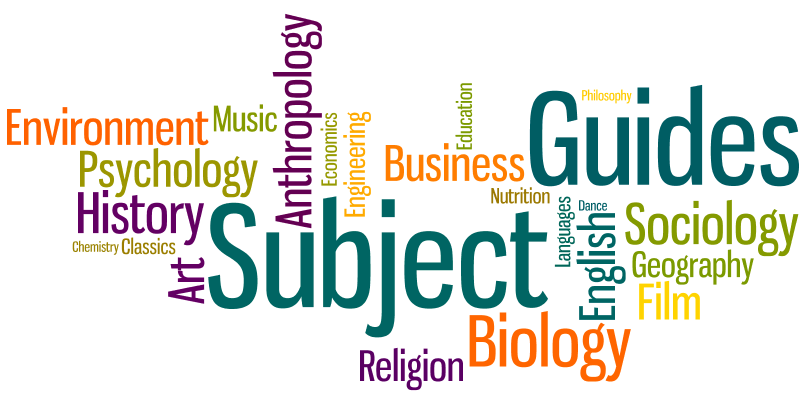Subject Guide
Don't let the name fool you, the images in Artstor extend far beyond the field of art. Studies have shown that incorporating visuals into lectures, papers, and research improves information retention and observational skills, regardless of discipline. Read this guide to learn how Artstor's visual media collections can be used across a variety of subjects.

Image: Domenico Remps. Cabinet of Curiosities. Second half of the 17th century. Image and original data provided by SCALA, Florence/ART RESOURCE, N.Y.

Subject Guides Different departments and majors require different resources. Librarians at Smiley Library have prepared subject guides to point students and faculty to the resources most appropriate to their fields. Research Tools Chronological Research (searching by year or date): An excellent full-text integrated reference database. Contains linked searching to other resources and visual concept mapping. The BEST place to start!
Subject Guides Organization Leadership
A one stop shop for searching almost all library and database content. Uses simple searching and full-text linking to get you to resources faster!. Aggregated searching for better results! Clickable limits and options in the left column.
Clickable boxes for peer-reviewed and full-text content. Easily save, print, or email marked records and create citations for your bibliography. Use our to order articles that are not full-text: Academic Universe includes business, legal and medical journals as well as major newspapers from around the world. All content is full-text, but may not be scholarly!: An easy to use scholarly source for pop culture information. Search by topic or chronologically. Websites.
What are Peer-Reviewed articles? Essentially, 'peer review' is an academic term for quality control. Each article published in a peer-reviewed journal was closely examined by a panel of reviewers who are experts on the article's topic (that is, the author's professional peers.hence the term peer review).
Subject Guide Websites
The reviewers look for proper use of research methods, significance of the paper's contribution to the existing literature, and integration of previous authors' work on the topic in any discussion (including citations!). Papers published in these journals are expert-approved.and the most authoritative sources of information for college-level research papers. Articles from 'popular' publications, on the other hand (like magazines, newspapers or many sites on the Internet), are published with minimal editing (for spelling and grammar, perhaps; but, typically not for factual accuracy or intellectual integrity). While interesting to read, these articles aren't sufficient to support research at an academic level.
But, with so many papers out there, how do you know if a paper has been peer reviewed? Searching the library's databases can save you a lot of time.allowing you to limit your search to scholarly or peer-reviewed articles only (with a single click!) Most internet search engines (like Google and Yahoo) can't do this for you, leaving you to determine for yourself which of those thousands of articles are peer-reviewed. Citation Style Guides: (provided by Purdue University) Other Resources.